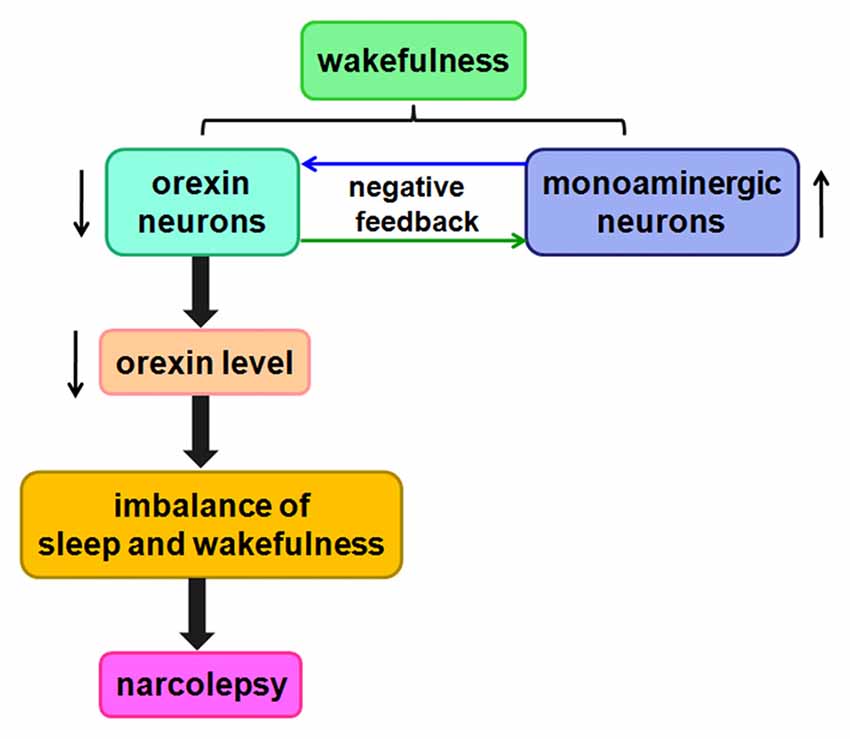
jeroldricketts
About jeroldricketts
Case Examine: The Usage of Provigil (Modafinil) For Cognitive Enhancement
Introduction
Provigil, identified generically as modafinil, is a wakefulness-selling agent that was initially permitted by the FDA in 1998 for the remedy of narcolepsy and different sleep disorders. Over the years, its off-label use for cognitive enhancement amongst healthy individuals has garnered important consideration. This case study explores the implications, experiences, and ethical issues surrounding the purchase and use of Provigil for cognitive enhancement.
Background
Modafinil is labeled as a eugeroic, a class of drugs that promotes wakefulness. It really works by altering neurotransmitter ranges within the brain, significantly dopamine and norepinephrine, which play crucial roles in consideration and alertness. Whereas its major use is for medical situations, many people, including students, professionals, and military personnel, have turned to Provigil to enhance cognitive efficiency, notably in demanding conditions requiring sustained attention.

Case Presentation
John, a 28-yr-old software program engineer, was launched to Provigil by a colleague who claimed it helped him stay focused during long coding classes. John, who usually struggled with fatigue and focus during intense work durations, determined to explore the possibility of utilizing Provigil to enhance his productivity. After conducting some research, he purchased the drug on-line from a pharmacy that did not require a prescription.
John skilled a major enhance in his capability to concentrate and full tasks extra efficiently. Here is more information on buy moda online look into the web-site. He reported feeling extra alert and fewer vulnerable to distractions. Nevertheless, he additionally experienced unwanted side effects, including complications and occasional insomnia. Regardless of these drawbacks, John felt that the benefits outweighed the negatives, permitting him to meet tight deadlines and outperform his peers.
Discussion
The case of John highlights a number of key elements of using Provigil for cognitive enhancement. Firstly, the benefit of entry to the drug on-line raises issues about safety and regulation. Without correct medical supervision, people may misuse the drug or take it with out understanding potential side effects or interactions with other medications.
Secondly, the ethical implications of using cognitive enhancers like Provigil in competitive environments cannot be ignored. Whereas John felt that Provigil gave him a bonus, it also raises questions about fairness in educational and skilled settings. If cognitive enhancement turns into normalized, it might create a strain for others to use such substances to sustain, resulting in a possible arms race in cognitive enhancement.
Legal and Ethical Issues
The legality of purchasing Provigil with out a prescription varies by country. Within the United States, it’s classified as a Schedule IV controlled substance, that means it is prohibited to buy or sell with out a prescription. However, the online marketplace for prescription medications has flourished, often circumventing these rules. This poses important risks, as people might obtain counterfeit or unsafe medications.
From an ethical standpoint, the use of cognitive enhancers raises questions on authenticity and the nature of achievement. Critics argue that relying on medicine undermines the value of arduous work and dedication. Proponents, however, contend that if a substance will help people attain their potential, it needs to be accessible to those who want it.
Effects on Health and Efficiency
While many customers report positive effects from Provigil, the long-term health implications of its use in wholesome people are nonetheless not totally understood. Analysis signifies that whereas modafinil can enhance sure cognitive functions, corresponding to government operate and dealing memory, it might not improve total intelligence or creativity. Furthermore, the potential for dependency and withdrawal signs, though lower than traditional stimulants, continues to be a priority.
John’s experience with unintended effects illustrates the variability in individual responses to Provigil. Some customers might tolerate the drug properly, while others may experience adverse effects that outweigh the benefits. This variability underscores the importance of consulting with healthcare professionals earlier than beginning any cognitive-enhancing regimen.
Alternate options to Provigil
For individuals seeking cognitive enhancement without the use of prescription medications, numerous alternatives exist. Lifestyle adjustments, comparable to improved sleep hygiene, regular exercise, and a balanced eating regimen, can considerably impression cognitive performance. Moreover, mindfulness practices and cognitive coaching exercises have proven promise in enhancing focus and memory with out the risks related to pharmacological interventions.

Conclusion
The case research of John’s use of Provigil illustrates the complexities surrounding the purchase and use of cognitive enhancers. While Provigil may provide benefits when it comes to focus and productiveness, the ethical, legal, and health implications warrant careful consideration. As society continues to grapple with the pressures of efficiency, the conversation round cognitive enhancement will probably evolve, emphasizing the necessity for informed decisions and accountable use. Ultimately, the choice to use Provigil or any cognitive enhancer must be approached with caution, ideally beneath the steerage of a healthcare skilled, to make sure safety and efficacy.
Recommendations
- Consult a Healthcare Skilled: Before contemplating the usage of Provigil, people ought to search recommendation from a certified healthcare supplier to discuss potential benefits and dangers.
- Consider Non-Pharmacological Options: Explore lifestyle modifications and cognitive coaching strategies that can enhance cognitive performance with out the need for medicine.
- Perceive the Authorized Implications: Remember of the authorized standing of Provigil in your nation and the dangers associated with purchasing medications on-line.
- Promote Moral Use: Interact in discussions about the ethics of cognitive enhancement in educational and skilled settings to foster a culture of fairness and integrity.
In abstract, whereas Provigil might provide cognitive benefits, the broader implications of its use necessitate a considerate and knowledgeable method.
No listing found.